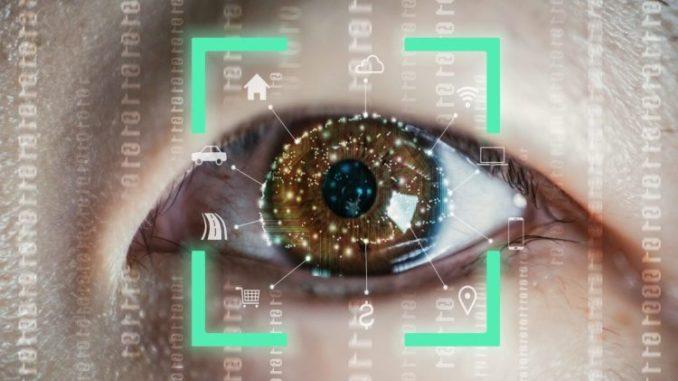
What do we talk about when we talk about AI ethics? Just like AI itself, definitions for AI ethics seem to abound. A definition that seems to have garnered some consensus is that AI ethics is a system of moral principles and techniques intended to inform the development and responsible use of artificial intelligence technologies.
If this definition seems ambiguous to you, you aren’t alone. There is an array of issues that people tend to associate with the term “AI ethics,” ranging from bias in algorithms, to the asymmetrical or unlawful use of AI, environmental impact of AI technology and national and international policies around it.
For Abhishek Gupta, founder and principal researcher of the Montreal AI Ethics Institute, it’s all that and more. The sheer number of sets of principles and guidelines that are out there that each try to segment or categorize this area into subdomains — sometimes overlapping, sometimes not — presents a challenge.
The Montreal AI Ethics Institute (MAIEI) is an international nonprofit organization democratizing AI ethics literacy. It aims to equip citizens concerned about artificial intelligence to take action, as its founders believe that civic competence is the foundation of change.
